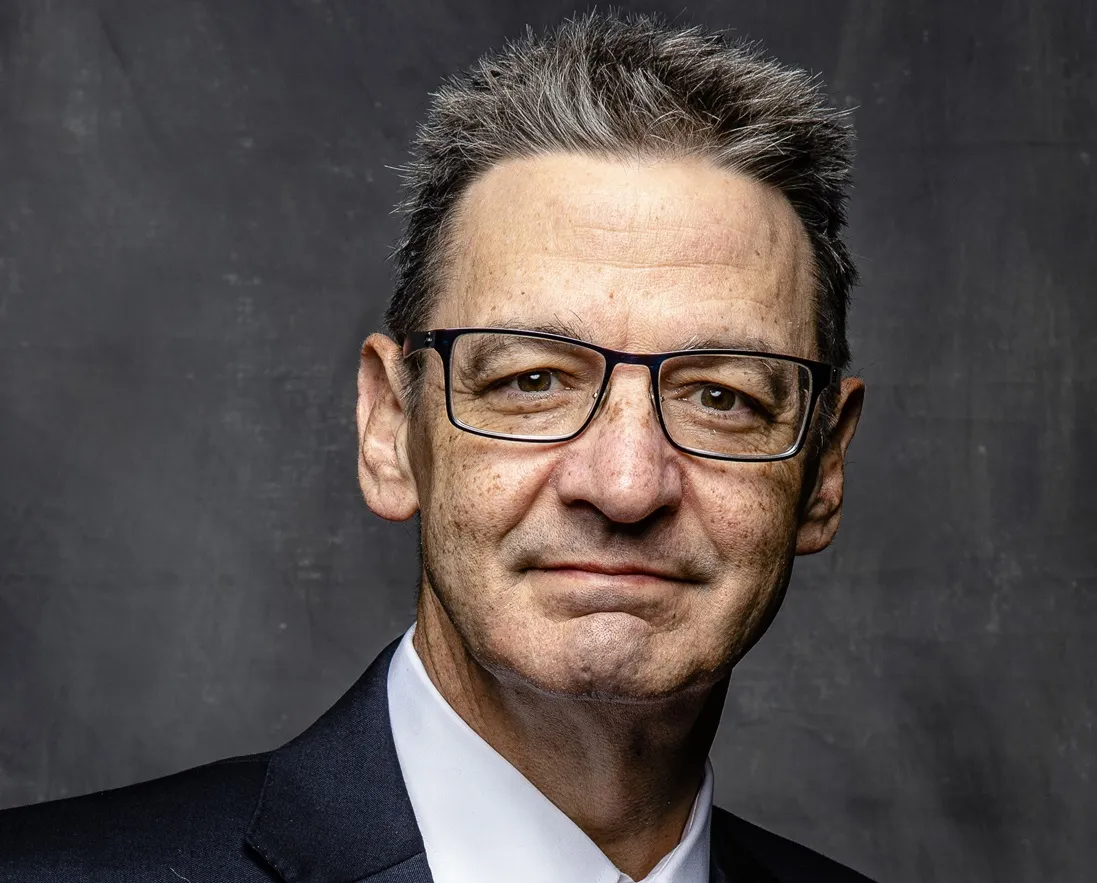
Pat Jones is to retire as executive director and CEO of the International Bridge, Tunnel and Turnpike Association (IBTTA) after more than two decades in charge.
He has held the role since 2002 and will leave on 31 December, 2024.
A search committee is being established, with a consultant hired to "conduct a worldwide search" for Jones's replacement, IBTTA says.
“Leading IBTTA has been an extraordinary privilege, one that has allowed me to work alongside a global consortium of both public and private members, an exceptional and diverse board of directors, and a dedicated, talented staff team,” said Jones.
“I am deeply proud of what we have achieved together. As I step down after two decades, I look forward to watching IBTTA continue to thrive under new leadership.”
IBTTA president Bill Halkias praised Jones’s leadership: “Pat Jones has been an exceptional leader for IBTTA, steering the organisation through periods of significant change and growth. His vision and dedication have positioned us well for the future. We are grateful for his service and wish him the very best in his retirement.”
Jones has been a passionate advocate for diversity, equity and inclusion, and for sustainability and resilience in the industry. He has also helped adapt IBTTA to a time of great change, for example with the transition to cashless tolling and the increase in price-managed lanes.
"Throughout his tenure, he has been a staunch advocate for user-financed transportation – including tolling, pricing, and road usage charging – and frequently testified before Congress, state legislatures, special commissions, and other groups to emphasise the importance of the user-pays principle," IBTTA says in a statement.
Jones was instrumental in leading IBTTA's inaugural Global Road Safety Week under the theme 'Be Safe Together'.
“Pat Jones’s impact on IBTTA and the tolling industry is immeasurable," says James Hofmann, IBTTA first vice president and incoming 2025 President. "His commitment to innovation and excellence has set a high standard for us all."









